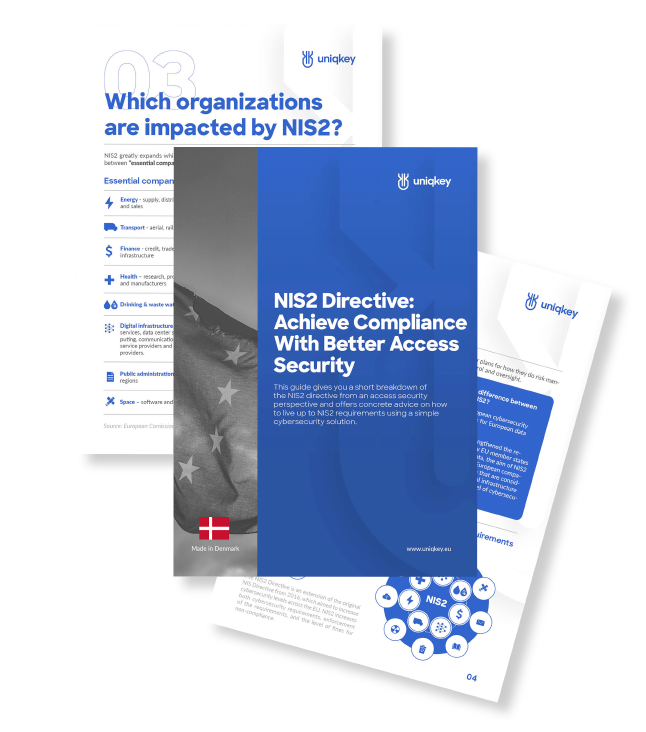ESSENTIAL ENTITY
Finance Sector
Learn how the NIS2 directive affects organizations in the financial sector.
The Finance Sector
Encompassing institutions such as banks, investment firms and insurance companies that manage and support the flow of capital, the finance sector is a critical component of the European economy.
In recent years, the sector has been subject to increasing regulatory scrutiny to increase its stability and resilience. The upcoming implementation of the NIS2 directive is one such measure that is set to have a significant impact on the sector.
What’s Included In This Sector?
This sector includes: Banking and financial market infrastructure.
Annual Payment Value
€197.T
The annual value of card payments in the EU.
Finance Jobs in europe
2MM+
People employed in the European finance sector
Key Cybersecurity Challenges For The Finance Sector
Phishing Attacks
Phishing attacks target online banking systems and put customers’ financial information at risk by stealing login credentials.
DDoS Attacks
DDoS attacks are a threat to the finance sector because they can disrupt the processing of high-value transactions and financial information.
Web-based Attacks
One of the most prevalent attacks in the finance sector are attacks that exploit vulnerabilities in web applications to steal and compromise login credentials.
Supply Chain Attacks
Supply chain attacks target weaknesses in the supply chain to compromise financial systems and data, putting sensitive financial information at risk.
Ransomware Attacks
Causing major damage to both reputation and bottom line, ransomware attacks are particularly disruptive to the finance sector.
Social Engineering Attacks
Social engineering attacks are still largely effective in the finance sector, where human weaknesses are exploited to compromise sensitive information.
The Implications of NIS2 For The Finance Sector
With the finance sector handling large amounts of sensitive financial information and executing high-value transactions, a breach in security can have devastating consequences for every party involved.
As the NIS2 Directive requires organizations operating in the EU to ensure the security and resilience of critical systems and networks, finance companies must take a closer look at their existing cybersecurity measures and implement the necessary changes to meet these requirements.

Ensuring business continuity
NIS2 recognizes that financial institutions must ensure the continuous availability of their networks and information systems, as any disruption can have serious consequences for their clients and the wider financial system. To this end, NIS2 requires financial institutions to have contingency plans in place to ensure business continuity in the event of a cyber attack or other incident. This includes regular testing of these plans, and implementing measures to minimize the impact of any disruption.
Protecting financial data
As financial institutions hold a significant amount of sensitive financial data of their customers and clients, NIS2 requires them to implement robust security measures to protect this data from cyber threats. This includes encrypting data in transit and at rest, implementing access controls, and regularly monitoring for any unauthorized access or manipulation of data.
MANAGING THIRD-PARTY RISKS
Financial institutions often rely on third-party providers for various services, and NIS2 requires them to assess and manage the risks associated with these relationships. This includes conducting regular security assessments of third-party providers, ensuring that third-party providers have adequate cybersecurity measures in place, and implementing contracts and agreements that require third-party providers to comply with NIS2 requirements.
IMPACT ON THE Financial market
The effective implementation of the NIS2 Directive can bring about substantial benefits to the finance market. By setting higher standards for financial institutions to improve their cybersecurity measures, the directive works to enhance the security of financial transactions and the protection of sensitive financial data, while reducing the risk of cyber threats. This increased focus on cybersecurity can lead to a more secure finance market and increase overall confidence in financial institutions.
Get NIS2 Complaint (Whitepaper):
Time is running out to comply with NIS2 regulations. Starting your compliance journey sooner rather than later is crucial.
A typical NIS2 compliance process, including security assessments, auditing, consulting, and tool implementation, takes approximately 12 months.
For practical advice on how to comply with the requirements, check out our NIS2 white paper.

